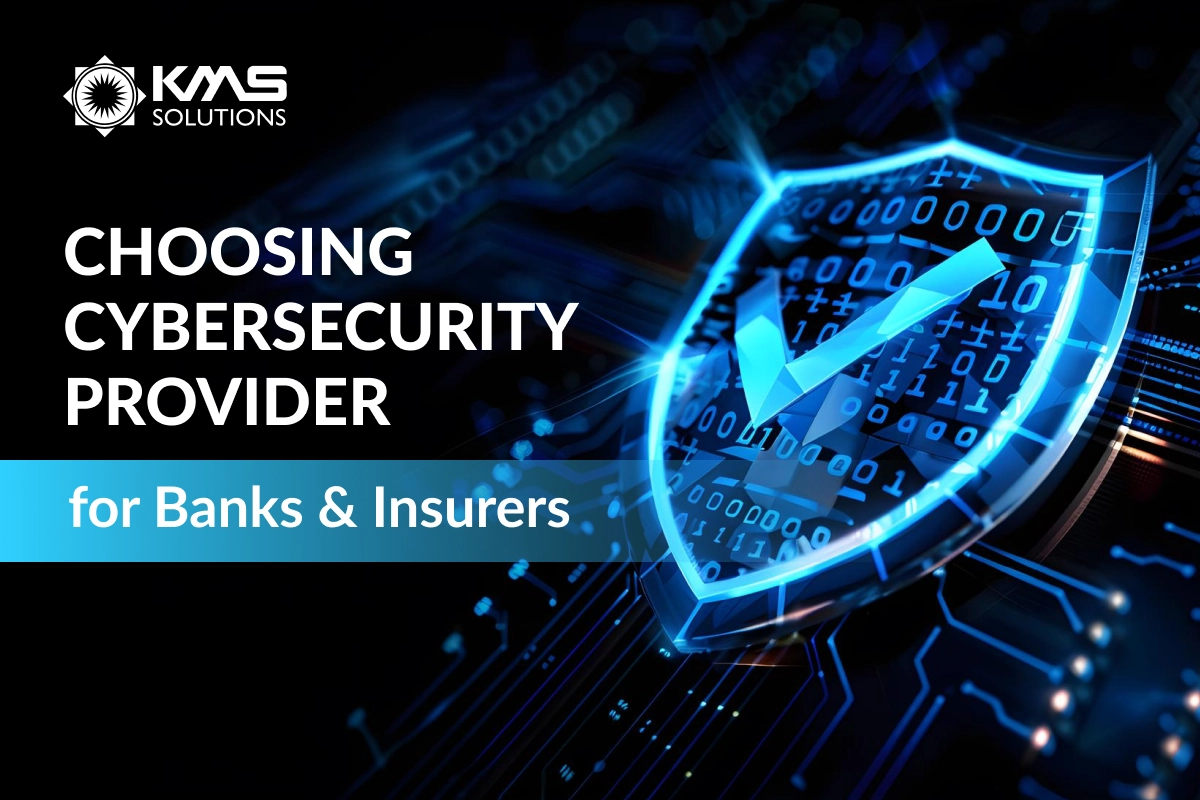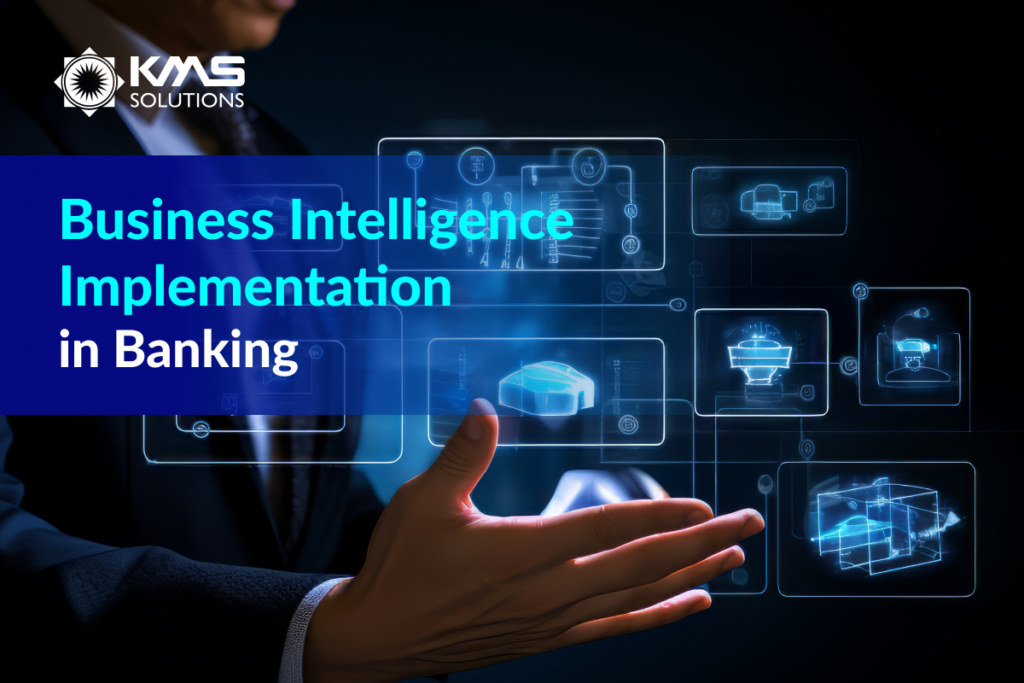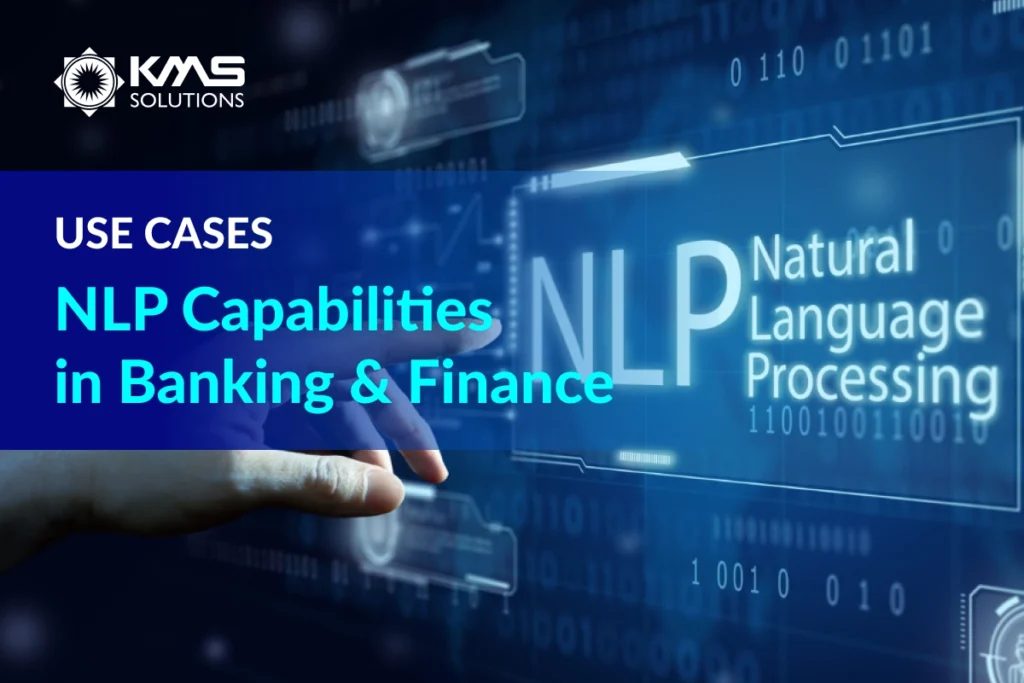Cybersecurity in the banking and insurance sectors has grown in importance. As these industries shift toward digital user experiences, they must implement robust digital security measures to protect sensitive data, ensure regulatory compliance, and maintain customer trust.
Selecting the right cybersecurity provider is crucial for safeguarding critical assets and staying ahead of potential threats. However, with numerous options available, determining the best partner can be challenging. Let’s delve into the key criteria banks and insurers should consider when evaluating cybersecurity providers, helping them make informed decisions that fortify their defenses in an ever-evolving digital landscape.
The Current State of Cybersecurity in Banking & Insurance Industry
The IT security market in banking has continued its rapid expansion in 2024. As banks and insurers remain prime targets for cyberattacks, investments in security measures are steadily increasing. The market was valued at $38.72 billion in 2021, with projections indicating a compound annual growth rate of 22.4%, potentially reaching $195.5 billion by 2029.
Moreover, the threats are becoming more advanced. Cyberattacks now range from targeting digital services to strategies on transaction systems. Organized groups and insider threats are leveraging advanced technologies, such as machine learning, to gain access to banking assets.
Therefore, banks and insurers have taken steps to address this, and collaboration is the key to the game. Many organizations are seeking cybersecurity providers that offer advanced solutions and the capability to meet industry regulations, ensuring that they can uphold their reputation as secure and trustworthy institutions.
Key Criteria When Evaluating Cybersecurity Providers
Choosing the right cybersecurity provider is a crucial decision that can significantly impact an organization’s ability to defend against cyber threats and maintain operational integrity. Here is the checklist that banks and insurers should consider to find the best suited for their businesses:
1. Compliance and Regulatory Alignment
Compliance with industry regulations is non-negotiable, especially in heavily regulated sectors like banking and insurance. The right cybersecurity provider should have a deep understanding of relevant regulations and be able to help your organization maintain compliance through services such as regular audits, compliance reporting, and risk assessments.
Here are key things to verify a provider’s compliance credentials:
- Request compliance certifications: Ask the provider for certifications that demonstrate their adherence to industry standards. Relevant certifications may include PCI DSS compliance, ISO/IEC 27001 for information security management, and SOC 2 Type II reports for security. Ensure these certifications are up-to-date and issued by reputable, accredited organizations.
- Evaluate data protection policies: Assess the provider’s data protection and privacy policies to ensure they align with the regulatory requirements of your industry. The provider should also have a clear process for handling customer data, including how they comply with data subject rights under GDPR and similar laws.
- Ask for client references: Client references can provide valuable feedback on the provider’s ability to meet regulatory requirements and maintain high standards of security.
KMS Solutions is ISO/IEC 27001:2013 certified, which signifies our adherence to international standards for information security management systems (ISMS). Moreover, we are compliant with the Payment Card Industry Data Security Standard (PCI DSS), and Certified Banking Domain Professional (CBDP) to provide a trusted and scalable digital banking system.
2. Expertise in Financial Industry Cybersecurity
A cybersecurity provider’s understanding of the unique challenges and regulatory requirements of your industry is paramount. For sectors like banking and insurance, this means familiarity with specific threats such as financial fraud, data breaches, and insider threats, as well as knowledge of stringent regulations like GDPR, PCI DSS, and local financial laws.
Besides, a provider with industry-specific expertise can offer tailored solutions that address your organization’s unique security needs and compliance obligations.
KMS Solutions offers deep expertise in delivering innovative and secured technology solutions tailored to the unique needs of BFSI companies, including “Big Four” Australian banks, Axi Trading, ACB, TPBank, HDBank, and many more. When collaborating with ACB, we helped the bank ensure data security by applying security practices such as RSA encryption and token-based authentication, integrating ACB Safekey, and complying with OWASP Security Vulnerabilities and PCI DSS Standards.
3. Range of Security Services
An effective cybersecurity provider should offer a comprehensive suite of services that cover a large aspects of your security needs. Banks and insurance companies shoulf consider providers offering a multi-layered defense strategy that covers all aspects of cybersecurity, from identifying security issues to defending banking systems and applying the most effective cybersecurity measures.
Understanding that banks are favorite targets for fraud and crimes, KMS Solutions offers comprehensive cybersecurity services, including:
- Penetration testing: Identifying weaknesses in banking and insurance systems, whether they stem from software vulnerabilities or human error. We provide a comprehensive report and offer guidance on the steps needed to secure and protect client data.
- Mobile application testing: KMS Solutions utilizes cutting-edge mobile testing tools and techniques to ensure the software’s safety and functionality, helping to prevent any potential financial losses from cybercrime.
- Data encryption: All customer information security in banks should be encrypted, whether at rest or in transit. Our services include end-to-end encryption, tokenization, and data monitoring and protection to prevent unauthorized access.
- Cloud security solutions: Evaluating the security risks associated with cloud-based services and assisting banks and insurers in identifying and resolving any vulnerabilities.
4. Technology and Innovation
Cyber threats are constantly evolving, and staying ahead of attackers requires cutting-edge technology and threat intelligence.
Leading cybersecurity providers often invest in advanced technologies, such as AI/ML, and behavioral analytics, to detect and respond to threats more effectively. Providers should also have access to up-to-date threat intelligence, enabling them to identify and mitigate emerging risks before they can cause damage.
Evaluating a cybersecurity provider’s commitment to continuous improvement and innovation is crucial for ensuring that your organization remains protected against emerging threats and benefits from the latest advancements in security technology. Here are key considerations when assessing a provider’s dedication to these aspects:
- Assess track record: Look for awards, certifications, and industry recognition that indicate a provider’s reputation for innovation and excellence.
- Review their technology stack and offerings: Ensure that the provider’s technology stack includes the latest tools and solutions.
- Check for continuous improvement practices: Verify that the provider regularly updates and patches their solutions to address vulnerabilities and incorporate new features.
- Review their employee expertise and training: Evaluate the qualifications and expertise of the external testing team. Providers that invest in ongoing training and certification for their employees may offer innovative solutions and stay current with industry trends.
5. Scalability and Flexibility
As banks and insurers grow and evolve, their cybersecurity needs will change. It is vital to choose a provider that can scale its services in line with the organization’s growth. The provider should offer flexible solutions that can adapt to changing requirements, whether it’s expanding to new markets, adopting new technologies, or responding to new regulatory demands. Scalability ensures that the cybersecurity provider remains a valuable partner over the long term.
There are a few things that you can consider when evaluating the scalability of cybersecurity technology providers:
- Scalable Services: Check if the provider offers a wide range of cybersecurity services that can be customized or scaled up based on your organization’s requirements. For instance, cloud-based security solutions can easily scale up or down to match your organization’s size and demands.
- Integration Capabilities: Scalable providers typically offer solutions that are easily integrated into different environments and can expand alongside other technologies. Look for robust API support that allows the cybersecurity solutions to integrate with your software.
- Infrastructure Adaptability: Review the provider’s infrastructure to see if it can handle increased data loads, expanded networks, and more users without compromising performance.
6. Client References and Reputation
Reputation matters in cybersecurity. Banks and insurers should seek providers with a strong track record of success in the industry. This includes client testimonials, case studies, ratings and feedback on B2B review platforms (e.g. Goodfirms, Clutch, etc.), and industry awards.
A provider with a solid reputation is more likely to deliver high-quality services and maintain long-term partnerships. Banks and insurers should also consider the provider’s financial stability, as this can impact their ability to invest in new technologies and maintain service quality.
For example: The profile of KMS Solution on Goodfirms indicates that the company has an overall rating of 4.8 over 5.0, with specific customer feedback regarding 8 projects it has completed so far. Also, when checking the case studies and testimonials on KMS Solutions website, there is clear proof of their ability to deliver cybersecurity services and other customized solutions for the BFSI companies.
How KMS Solutions Help Banks and Insurers Improve Cyber Security
Evaluating cybersecurity providers is a critical task for banks and insurers, given the high stakes involved in protecting sensitive financial data, maintaining regulatory compliance, and safeguarding customer trust. As the threat landscape evolves and financial institutions grow, the need for a scalable, flexible, and industry-specific cybersecurity partner becomes increasingly important.
KMS Solutions is a trusted provider of cybersecurity services, renowned for its ability to deliver comprehensive, scalable, and flexible security solutions tailored to the unique needs of businesses, particularly in the BFSI sector. Our cybersecurity offerings are designed to meet the stringent requirements of this industry, ensuring that clients are not only protected against threats but also fully compliant with industry standards such as PCI DSS, GDPR, and other relevant regulations.











